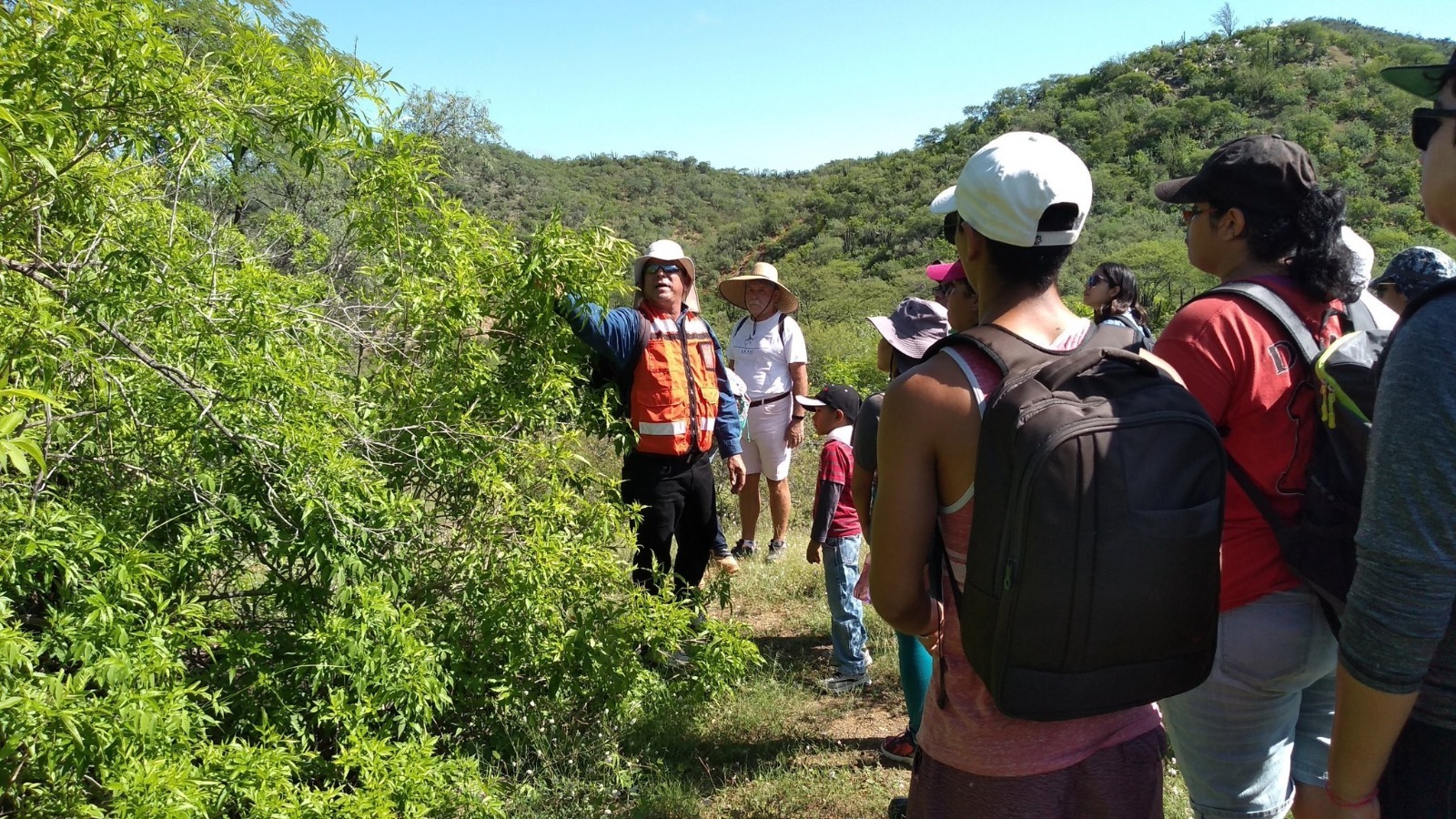- A multidisciplinary team creates educational tools to preserve traditional plant knowledge in rural communities, blending science and ancestral practices.
As part of its commitment to preserving Baja California Sur’s cultural and natural heritage, the Autonomous University of Baja California Sur (UABCS) has launched an outreach project to revive traditional knowledge of medicinal plants in the communities of El Valle Perdido, San Antonio, and El Rosario.
The initiative, supported by the 2023 Municipal and Community Cultures Support Program (PACMyC), brought together researchers and locals to document and share centuries-old healing practices. Among the project’s key outputs is a botanical memory game designed for elementary school children, making learning about native medicinal plants fun and interactive.
The team also developed detailed ethnobotanical trail guides, handed over to the civil association Los Realeños de San Antonio, a group dedicated to protecting the region’s biocultural legacy.
Dr. Esli Alexis Mayer Félix, head of UABCS’s Phanerogamic Herbarium and lead researcher on the project, emphasized the importance of bridging scientific research with ancestral wisdom still alive in rural communities.
“These materials aren’t just educational—they’re a way to strengthen local identity, honor traditional medicine, and create sustainable tools for eco-tourism and cultural preservation,”* Mayer Félix said.
The project highlights how folk knowledge—like herbal medicine—isn’t just a relic of the past but remains vital for health, culture, and living in harmony with nature. Through collaboration with residents, academics, and grassroots organizations, the team documented oral histories, practices, and key plant species, transforming them into accessible, community-centered resources.
“This is about giving these traditions the recognition they deserve,” Mayer Félix added. “They’re part of our living heritage.”
Why it matters: As modern medicine dominates, projects like this ensure that time-tested healing practices—and the communities that keep them alive—aren’t forgotten.
What’s next: The university hopes to expand the initiative, creating more tools to promote cultural tourism and environmental education across Baja California Sur.















No comments:
Post a Comment